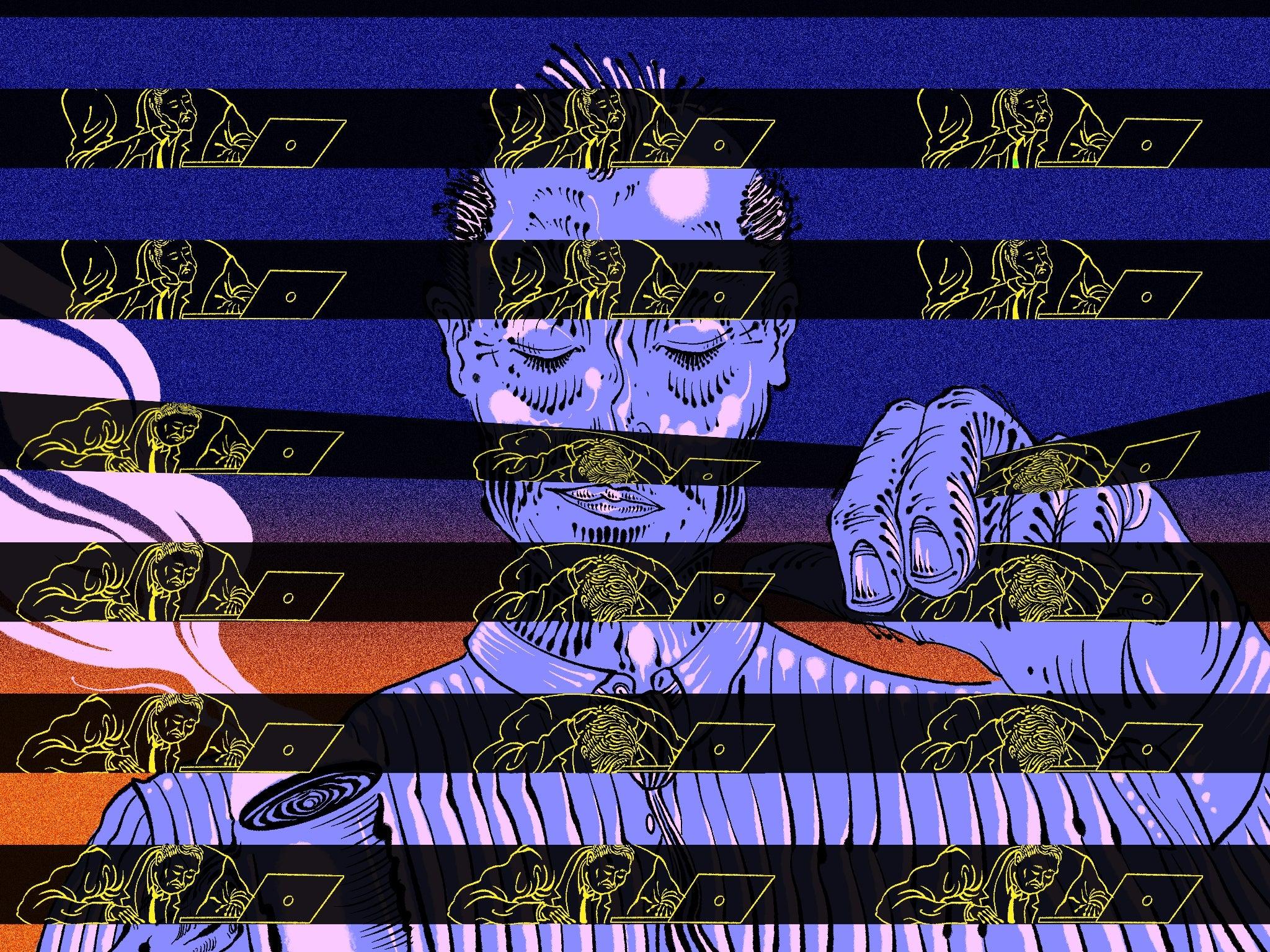How can we fix mental illness if the industry itself is sick?
The coalition government of Cameron and Clegg called for ‘parity of esteem’ within the mental health industry. That was 10 years ago. Isn’t it about time the psychiatric profession dropped the hypocrisy, asks Will Self, along with the warped conception of ‘good’ mentally ill people and ‘bad’

In September 2018, I gave a talk on Radio 4 enquiring into what had happened regarding the “parity of esteem’’ that David Cameron and Nick Clegg’s coalition government of 2010 wished sufferers from mental illness to be accorded with the physically ill. The talk focussed on a friend of mine who’d been detained under the Mental Health Act following a minor breakdown.
His treatment was very far from what anyone with a physical malady might have expected: confined against his will in frightening circumstances, after a consultation lasting five minutes he was subjected to a misdiagnosis, and a consequent psychopharmacology regime that left him unable to effectively contest it. Were it not for my own intervention, followed by that of a lawyer with the relevant expertise, he would have been detained for another 28 days, during which he would undoubtedly have suffered further drug-induced institutionalisation. As it was, my friend walked free from mental hospital, and has not returned; which is not say that he hasn’t remained highly vulnerable.
Five days after my talk was broadcast, I received a letter from Professor Wendy Burn, president of the Royal College of Psychiatrists (RCP). In it she presented two rather contradictory views on what I’d said: if I were a psychologist myself, I might have said she was exhibiting “cognitive dissonance’’. On the one hand Professor Burn asserted that, “I strongly disagree with some of your comments and in particular the language that you used, which I would argue is more likely to increase fear of, and stigma against, mentally ill people than to lessen them’’. While on the other she contended: “I agreed with much of what you said and that we have more in common than you might think.’’
She then set out what the RCP – and by extension, the profession – has, in her view, been doing to effect parity of esteem. She noted my criticism of the biological model of mental illness, which I argued underwrote a pill-for-every-ill culture, typified by box-ticking diagnostics that effectively denied the social and human reality of mental illness; however, Professor Burn claimed that the RCP endorsed a “biopsychosocial’’ model that saw a place for both talking cures, and the economic amelioration of those suffering from mental illness, in addition to psychopharmacology. Perhaps seeking to harmonise her own thinking on the matter, as much as change mine, she concluded: “Bringing this issue to light is hugely important and we would really value your help. Would you be prepared to meet with me and members of our campaign team to further discuss some of these challenges?’’
Subscribe to Independent Premium to bookmark this article
Want to bookmark your favourite articles and stories to read or reference later? Start your Independent Premium subscription today.
Join our commenting forum
Join thought-provoking conversations, follow other Independent readers and see their replies